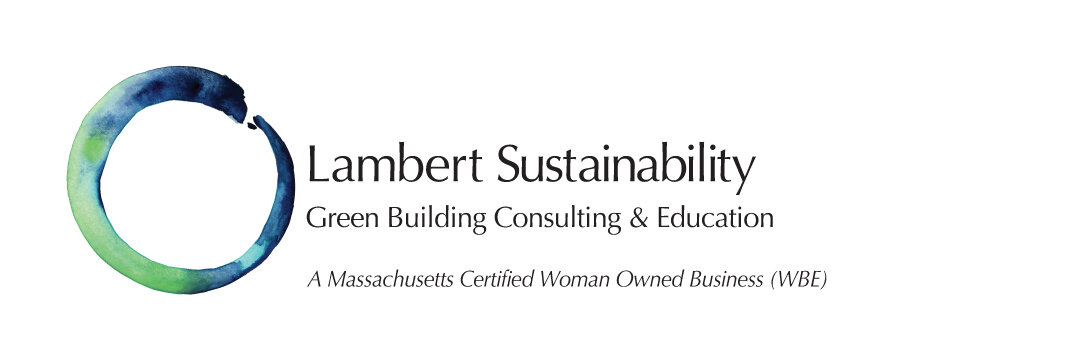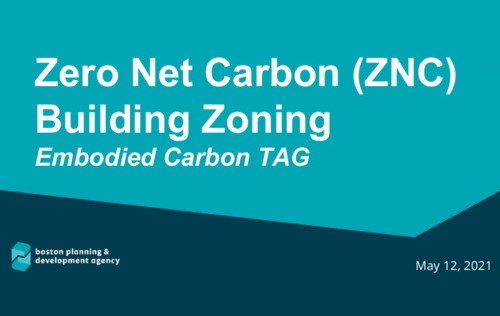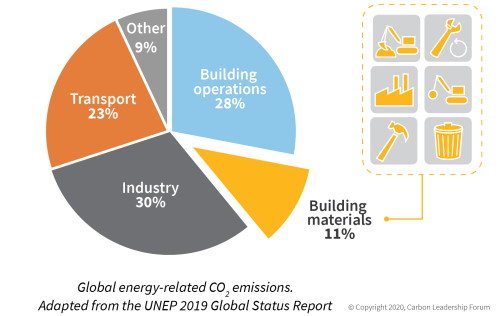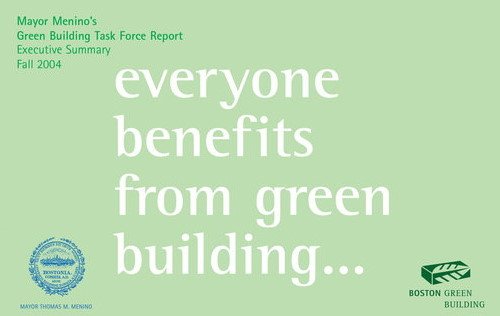Policy Advising and Sustainability Guidelines Development
City of Cambridge Embodied Carbon Policy
Project Team: Lambert Sustainability and Sustainable Performance Institute
Spring 2023
The City of Cambridge engaged the consultant team of Lambert Sustainability and Sustainable Performance Institute to:
Research best practices for embodied carbon accounting for buildings,
Develop accounting tools for projects based on these best practices, and
Create educational resources for the project teams and stakeholders.
In March 2023, The City of Cambridge adopted the ‘Green New Deal for Cambridge’ which is a collection of policies aimed at reducing emissions from large buildings and positioning Cambridge as a leader in climate action. One of the polices is a zoning petition that requires large new non-residential buildings to calculate their expected annual emissions every year until 2050, as well as calculate their expected embodied emissions.
Prior to that, in 2015, the City of Cambridge first adopted its Net Zero Action Plan (NZAP), which lays out a series of actions to achieve net zero emissions in the built environment by the year 2050. When the NZAP was updated in 2021, one of the key added actions was to 'Address Embodied Carbon through Green Building Requirements.' The purpose of NZAP Action 2.2 aims to widen the focus of Article 22 of the Cambridge Zoning Ordinance from operational energy use only to tracking and reducing GHG emissions from construction and building materials.
Our consultant team provided extensive background research on the current state of embodied carbon legislation as well as accounting practices and tools. We facilitated several stakeholder engagement sessions with Cambridge building owners, architects and others to better understand the impacts of this policy measure and to design an appropriate embodied carbon reporting tool and educational toolkit.
City of Boston/BPDA, Embodied Carbon Technical Advisory Group (TAG) - Zero Net Carbon Building Zoning Initiative
Co-chair, May 2021 and ongoing
Michelle Lambert is a core committee member of the Embodied Carbon TAG of the City of Boston’s Zero Net Carbon Building Zoning Initiative which is working to integrate recommendations for reducing embodied carbon into the City’s zoning revisions, underway currently. She co-facilitated and presented at the Embodied Carbon Impacts and Opportunities Public Meeting on April 27, and on October 20, 2021 to present the TAG recommendations. The TAG work is ongoing to guide the research and development of policy recommendations.
Carbon Leadership Forum (CLF) Boston/Northeast Hub
Policy & Advocacy Sub-Group Co-chair
August 2021 - present
The Boston/Northeast Chapter Hub of the international Carbon Leadership Forum (CLF) organization is one of the largest and most active chapters in the country of this organization working to decarbonize the built environment. Michelle Lambert co-chairs the Policy and Advocacy sub-group whose work is to collaborate across municipalities to develop, share and advocate for policy that reduces embodied carbon in buildings in order to accelerate their adoption in Massachusetts.
MassPort Sustainability and Resiliency Design Guidelines
2019
In collaboration with VHB, Lambert Sustainability worked with the Massachusetts Port Authority to substantially revise their Sustainability and Resiliency Design Guidelines (SRDG’s) as well as their construction specifications for all new projects. The new SRDG’s were created as a synthesis of rating systems- the new section pertaining to building projects is based on the LEED Rating System and the section pertaining to infrastructure projects is based on the Envision Rating System, with additional sustainability requirements beyond those systems throughout.
Mayor's Green Building Task Force, City of Boston
Fall 2004
Michelle was a member of the advisory team that worked to draft recommendations for the City of Boston Mayor's Green Building Task Force in 2004 which would become Article 37 of the Boston Zoning Code, one of the first policies in the country to require LEED for both public and private buildings.






